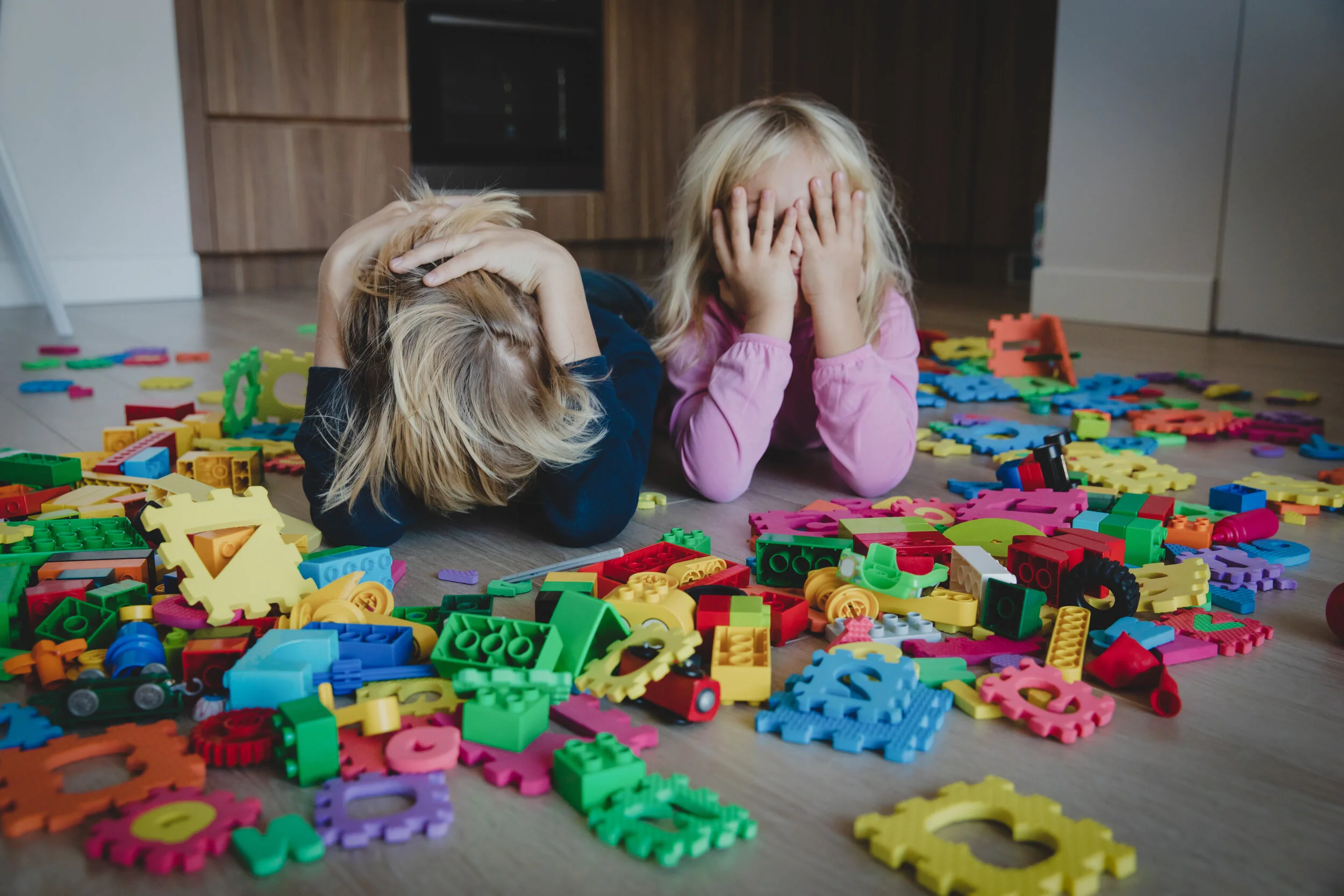Understanding (All) the Reasons Children Act in Challenging Ways
/Imagine you have been unwell for several months - intermittent, low level but unpleasant symptoms – stomach pain, headaches and dizziness. A GP can’t find anything wrong with you and so you try diet changes, vitamins and getting more sleep – none of which makes a difference. You start to worry about whether you have a serious illness, - and feel frustrated about having to take time off work/social activities.
Eventually a specialist diagnoses you with a particular medical condition. Unfortunately it can’t be “cured” – but you now know how to manage it, what triggers it and how to make symptoms less severe. Almost immediately, even though you still don’t feel well, your overall suffering eases. Knowing causes of problems often makes us feel significantly better and helps us manage them more effectively - even if the problems themselves don’t disappear…
Read More




